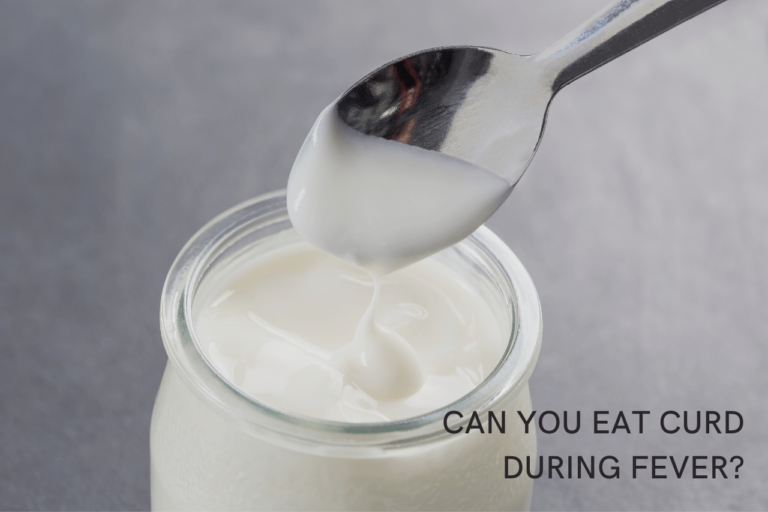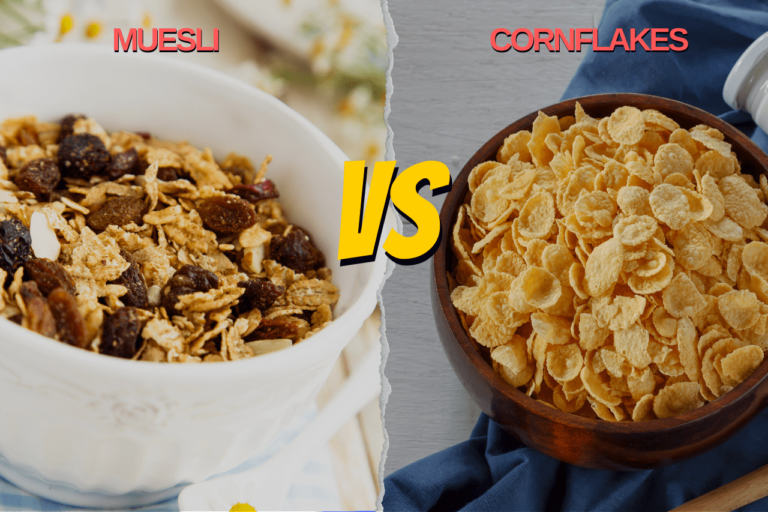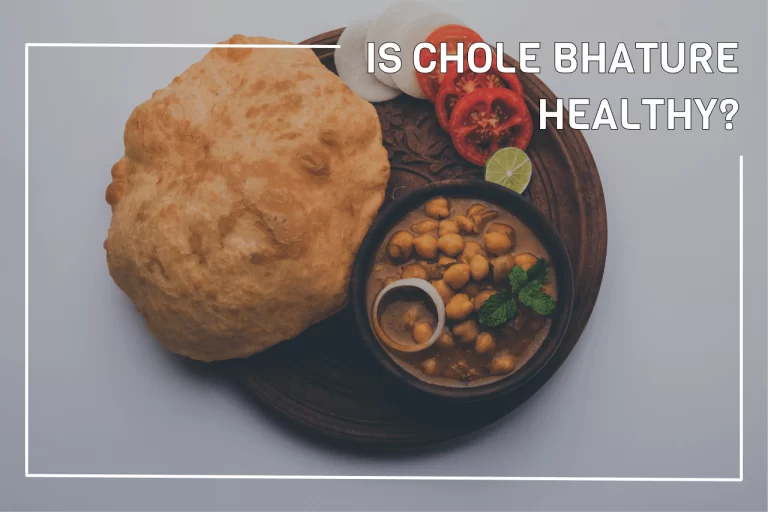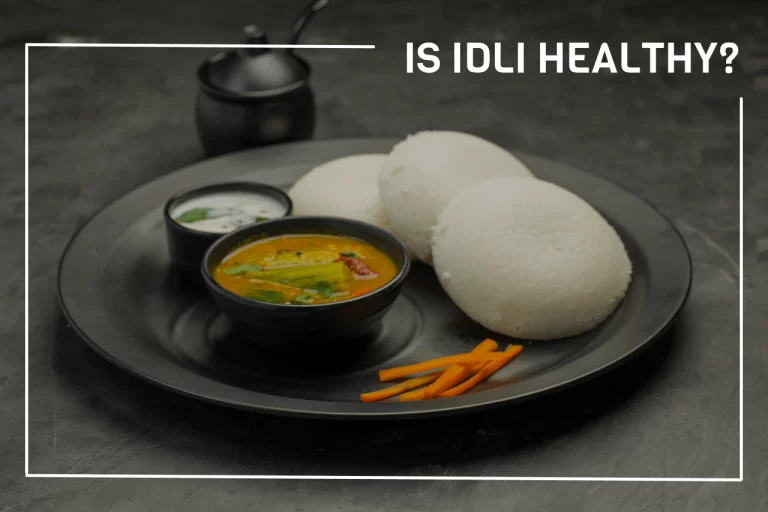When it comes to healthy eating, few dishes can compare to the humble dosa. This Indian staple is made from a fermented batter of rice and black lentils, packed with many essential nutrients.
While dosa is often perceived as being unhealthy due to its high calorie and carbs content, its many benefits make it a healthy dish to include in your diet.
From improving your digestion to boosting your immunity and lowering your cholesterol levels, dosa has numerous health benefits that you may not be aware of.
Therefore, In this post, I have compiled a list of the 8 Amazing benefits of dosa that will encourage you to include it in your diet. Not only that, but I’ll also share five tips for making your dosa even healthier so you can enjoy it without feeling guilty.
Let’s start with the nutritional fact.
The Nutrition Fact Of Dosa
The nutritional value of dosa depends on many factors, such as the ingredients used in the batter and the preparation method. However, a typical dosa or plain dosa made with only rice and black lentils will contain around:
- Calories: 168
- Carbohydrates: 29gm
- Fat: 3.7gm
- Cholesterol: 0mg
- Sodium: 94mg
- Protein: 3.9gm
- Potassium:76mg
Adding toppings such as butter, cheese or vegetables will increase the calorie and other values of the dosa.
8 Health Benefits Of Dosa

Dosa is a good source of nutrients
Whether you are looking for vitamins or minerals, dosa has almost everything.
Dosa is made from fermented rice and lentils, especially black gram, making it a good source of vitamins and minerals. Black gram, also called urad dal, is known for its richness in calcium, iron, potassium, zinc and manganese.
In addition, the Sambhar, made from different vegetables, adds even more vitamins and minerals, making the dosa a very healthy option.
Don’t forget the nutritious coconut chutney that comes with dosa.
DID YOU KNOW? Dosa originated in South India and has been made for 2000 years!
Dosa can help improve digestion
There is a high chance that you may feel constipated, bloated, or gassy after eating out. The main reason for that is that most of the foods or “junk foods” available out there are low in fiber and high in unhealthy ingredients, which can cause digestive issues.
Fortunately, that’s not the case with dosa. The fermented batter of rice and black lentils in dosa helps improve digestion due to the high fiber content.
Fiber is an essential nutrient that helps keep the digestive system healthy. It helps add bulk to the stool, making it easier to pass through the intestines. Moreover, it also helps absorb water and keep the stool soft, preventing constipation and other problems.
Dosa is a good source of protein
Besides vitamins and minerals, what makes the dosa so healthy is its high protein content.
A single dosa can contain up to 12 grams of protein, making it an excellent choice for people looking to increase their protein intake.
However, the dosa is high in calories, but the high protein and fiber content together can help you maintain a healthy weight. And because the dosa is so filling, it is also a great option for people looking for a light but satisfying meal.
Dosa is low in fat
Most people think that dosa is a high-fat food, and this is because most dosa’s out there are prepared in the wrong way.
In fact, Dosa’s are typically low in fat, but most people use an excess amount of oil and butter when preparing them. This leads to dosa’s being high in fat and calories.
To avoid this, use low-fat cooking oil such as olive oil, sesame oil, flaxseed oil or safflower oil.
Dosa is good for diabetics
When we take a look at the nutritional value of the Dosa, it seems a good source of nutrients for diabetics. However, most traditional dosas are made from white rice, which is often discouraged for diabetics.
But if you replace white rice with brown rice and other whole grains, the dosa can benefit people with diabetes.
If a diabetic wants to enjoy a dosa, it is best to make it at home and eat it in moderation.
Dosa is good for the heart
There are many benefits of eating dosa, one of which is that it is good for heart health. A dosa made with less oil, butter and fresh vegetables is heart-healthy.
To make your dosa more heart-healthy, add whole grains and potassium-rich vegetables to it, such as spinach, mushrooms, broccoli, and green peas.
DID YOU KNOW? It is said that there are over 800 different varieties of dosas, of which masala dosa is the most consumed.
Dosa boosts your immunity
Dosa is a fermented food made from rice and lentils, giving it the probiotic benefit of boosting immunity. The fermentation process breaks down complex carbohydrates into simple sugars, making them easier for the body to digest.
Also, fermentation increases the bioavailability of nutrients, helping the body absorb more nutrition from food.
Dosa is a good source of antioxidants
A dosa batter made from whole grains and lentils with the filling of veggies makes it a good source of antioxidants.
Antioxidants are substances that protect the body from damage caused by various harmful molecules such as free radicals.
Is dosa good for weight loss?
Many articles on the internet claim dosa is beneficial for weight loss, but this is a myth.
According to a study published in a British medical journal, dosa’s are high in calories, especially when eaten out. The study claims that eating two masala dosa a day is sufficient to provide the calories you require for the day. A masala dosa has 1023 calories on average.
So, if you are looking to lose weight, it is probably best to avoid dosa or to eat it in moderation. Also, Instead of eating outside, try to make dosa at home because you will have more control over the ingredients.
Furthermore, dosa is far healthier than many other foods, such as momos, samosa, kachori, and chole bhature, even for those on a diet.
5 Tips to make your dosa more healthy
Opt for healthier fillings
Usually, dosa is served with potato filling. However, there are many other healthier fillings that you can use in your dosa to make it more nutritious.
Some of the best healthy fillings for dosa include vegetables like spinach, kale, and carrots. You can use chicken or paneer (Indian cottage cheese) as a protein-rich filling.
Also, you can use whole grains such as Ragi, millet or oats to make dosa batter.
This will help you get all the necessary nutrients and make your dosa more filling and satisfying.
Use less oil or butter while cooking
Dosa is usually made with oil or butter, but you can make it healthier by using less oil or butter while cooking. This will help reduce the dosa’s fat and calorie content, making it healthier.
If it’s in your budget, use healthy oil such as sesame or flaxseed oil to make your dosa.
Swap out white rice for brown rice
While dosas are traditionally made with white rice, you can make them even healthier by swapping white rice for brown rice.
Brown rice is a whole grain, which means it contains all of the bran and germ of the grain. This makes it more nutritious than white rice.
Also, brown rice has a lower glycemic index, which means it won’t cause your blood sugar to spike, making it a healthy choice for diabetics.
Include more vegetables
Vegetables are a great source of vitamins, minerals, and fiber, and adding them can help boost your dosa’s nutrient content. Also, adding vegetables will make your dosa more filling, making you less likely to overeat.
Enjoy in moderation
Dosa is so delicious that anyone can overeat it. Although it is healthy, eating too much of it may lead to weight gain because of its high-calorie content.
Even though it’s among the favourite Indian food, it’s best to enjoy it in moderation.
Get creative and experiment with different ways of making your dosa healthier and tastier until you find a method you enjoy. Your body will thank you for eating a more nutrient-rich dosa, and your taste buds will be happy too!
Final words
In conclusion, dosa is an incredibly healthy dish that can provide you a variety of health benefits. Some of these benefits include aiding in digestion, boosting immunity, and good for the heart.
Just keep in mind to consume in moderation, make it with right ingredients and you can enjoy it any time of the day.
Found this information helpful? Share it with the world.
Here are a few other posts that might be helpful for you.





